The Ultimate Guide to the Digital Guest Room Directory for Hotels
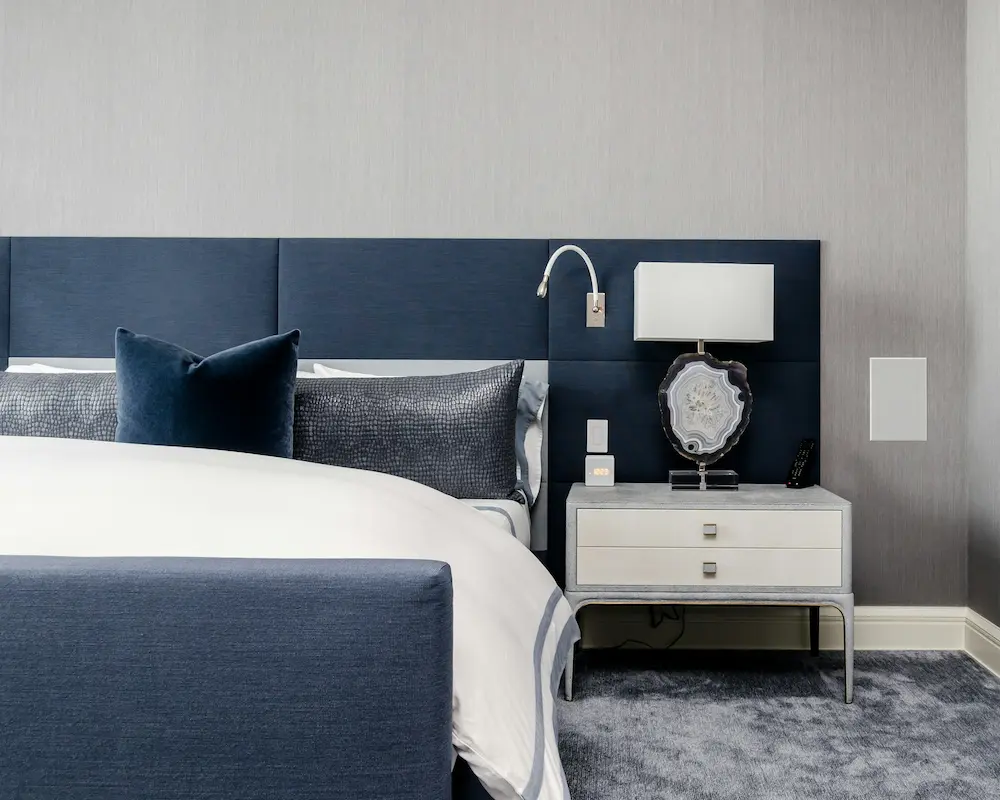
What Is a Guest Room Directory?
A Guest Room Directory — also called a hotel welcome book — is a document placed in guest rooms that provides key information about the property. Traditionally, it has been a binder filled with printed sheets listing hotel services, room instructions, restaurant menus, and local recommendations.
While useful, the paper format has serious limitations: it’s costly to update, often outdated, hard to maintain, and not eco-friendly.
Enter the Digital Guest Room Directory. Instead of leafing through a worn-out binder, guests scan a QR code or click a web link and instantly access a mobile-friendly app with all the information they need — in their own language.
In other words, it’s your hotel in your guest’s pocket.
Why a Digital Guest Room Directory Is Essential for Modern Hotels
Today’s travelers expect seamless, digital-first experiences. Just as they check in online for flights and book restaurants via apps, they want hotel information instantly, without flipping through outdated papers.
Here’s why going digital is no longer optional for hotels:
• Meets international guest expectations
Guests from abroad can access the directory in their preferred language, avoiding misunderstandings and frustration.
• Improves operational efficiency
No more printing hundreds of copies whenever services, prices, or rules change. Updates are done in seconds.
• Supports eco-labels and star ratings
Many certifications (like Clef Verte, Green Key, and Atout France classifications) value sustainable practices, paper reduction, and digital innovation. A digital directory directly contributes to these criteria.
• Boosts guest satisfaction and reviews
Guests appreciate having all information at their fingertips. According to Sunver data, hotels using digital directories see a 58% increase in satisfaction and a 37% rise in 5-star reviews.
• Generates additional revenue
Upsell services like spa treatments, room service, late check-outs, and local experiences. Integrated payments mean guests can book instantly, leading to a 33% increase in revenue.
👉 In short: a Digital Guest Room Directory is not just about replacing paper — it’s about professionalism, guest engagement, and revenue growth.
What to Include in Your Digital Guest Room Directory
To maximize its impact, your directory should be comprehensive, clear, and well-organized. Here are the essentials:
• Hotel Information
History, concept, contact details, Wi-Fi credentials, amenities (pool, gym, spa).
• House Rules & Policies
Check-in/check-out times, safety guidelines, smoking policy, sustainability practices.
• Services & Facilities
Room service menus, laundry, concierge, parking, luggage storage, baby cots, pet policy.
• Dining & F&B
Restaurant menus, opening hours, breakfast options, bar and lounge offers, in-room dining.
• Wellness & Leisure
Spa treatments, fitness center schedules, swimming pool rules, children’s activities.
• Local Recommendations
Restaurants, attractions, cultural events, shopping areas, transport options.
• FAQs
Common guest questions (how to adjust the AC, how to call reception, where to find towels).
👉 Want to see a perfect example of a digital Guest Room Directory for hotels? [Check out our Sunver demo here].
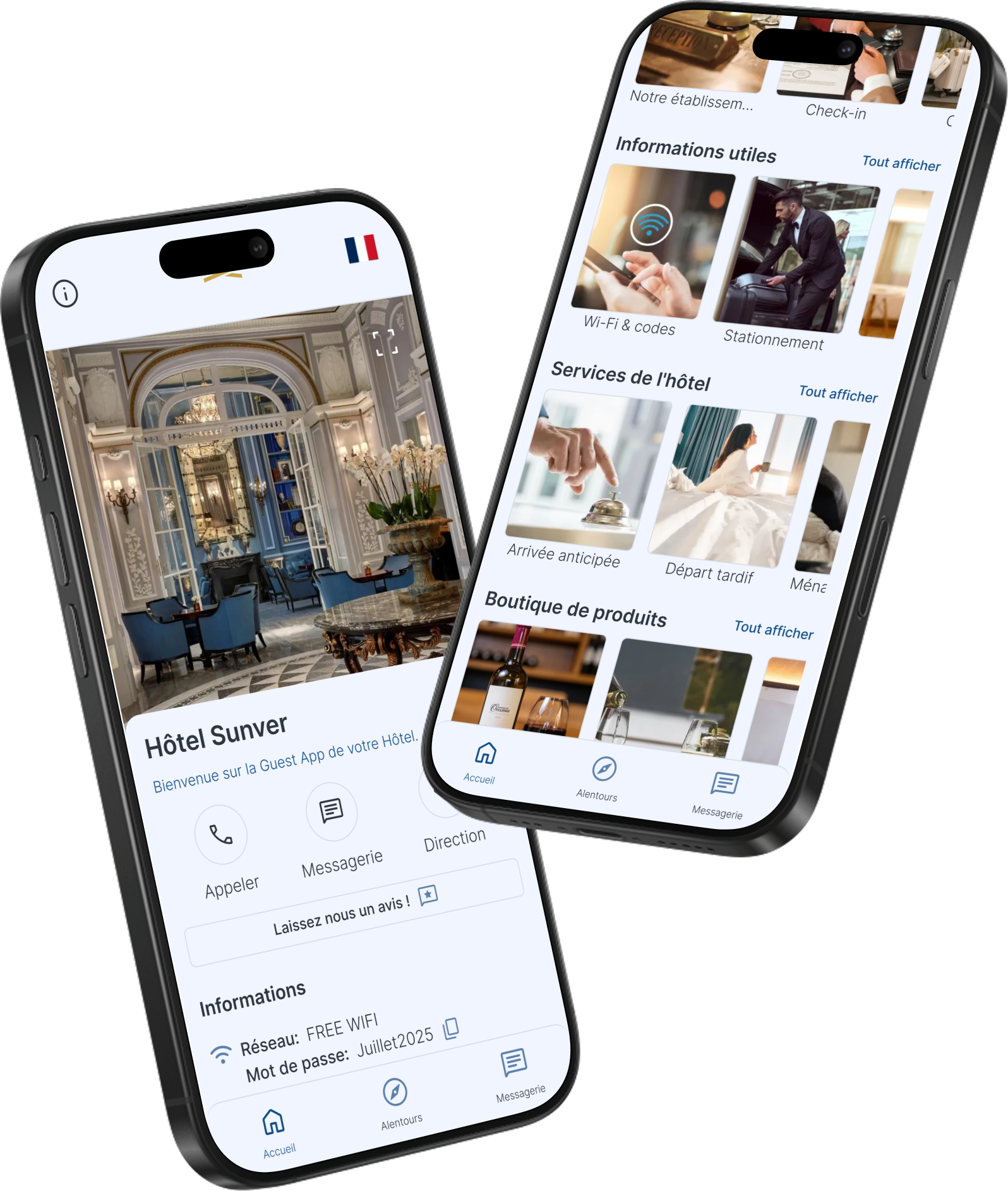
How Digital Guest Room Directories Benefit Hotels
1. Accessibility & Convenience
Guests access everything instantly with their smartphone — no app download required.
2. Real-Time Updates
Update prices, menus, or services at any moment without reprints.
3. Multilingual Experience
Sunver, for example, translates content into 16+ languages, making foreign guests feel truly welcome.
4. Eco-Friendly Innovation
Reduce paper waste, save costs, and align with sustainability goals.
5. Data & Insights
Track what guests read, what services they book, and adjust your offers accordingly.
From Paper to Digital: A Step-by-Step Transition
1. Choose the right platform
Look for a plug-and-play solution that doesn’t require heavy PMS integration. Sunver can be set up in 15 minutes.
2. Organize your content
Gather everything you want to include: hotel services, restaurant menus, wellness offers, safety information.
3. Customize the design
Match your hotel’s branding with logos, colors, and visuals.
4. Test on different devices
Ensure guests can easily navigate from any smartphone or tablet.
5. Train your staff
With user-friendly platforms, training is minimal — often as easy as creating a social media profile.
6. Launch and promote
Place QR codes in rooms, at reception, and in elevators. Inform guests at check-in that everything they need is available digitally.
Case Study: How Digital Directories Transform Guest Experience
Hotel Florence, a mid-sized 4-star hotel in Lyon, struggled with outdated binders. Staff spent hours replacing pages, guests often ignored them, and international visitors found them useless since they were only in French.
After adopting a Digital Guest Room Directory with Sunver:
• Guest questions to reception dropped by 61%.
• International travelers praised the multilingual access.
• The hotel upsold €1,200 per month in spa packages and late check-outs.
• They earned additional points during their Atout France classification audit for innovation and sustainability.
Result: Better guest experience, higher revenues, and stronger brand positioning.
Why Choose Sunver for Your Digital Guest Room Directory
Sunver is built specifically for hospitality, making it the easiest and most complete solution on the market.
With Sunver, you get:
• Free starter version to immediately replace outdated binders.
• Customization with your branding, images, and hotel identity.
• AI-powered assistant answering common questions 24/7.
• Stripe integration for upselling services and collecting payments.
• Multi-property management for hotel groups.
• Proven results: higher satisfaction, more 5-star reviews, and increased revenue.
And the best part? No complex installation. You can launch your digital Guest Room Directory in less than 15 minutes.
Final Thoughts
A Digital Guest Room Directory is no longer a luxury for hotels — it’s a necessity. It:
• Enhances guest satisfaction.
• Meets sustainability and certification criteria (Clef Verte, Atout France, Green Key).
• Supports international guests with multilingual content.
• Reduces repetitive workload for staff.
• Drives more revenue through upsells.
Hotels that embrace digital innovation are not just keeping up with guest expectations — they are positioning themselves as modern, eco-responsible, and guest-centric brands.
Much more than a welcome guidebook
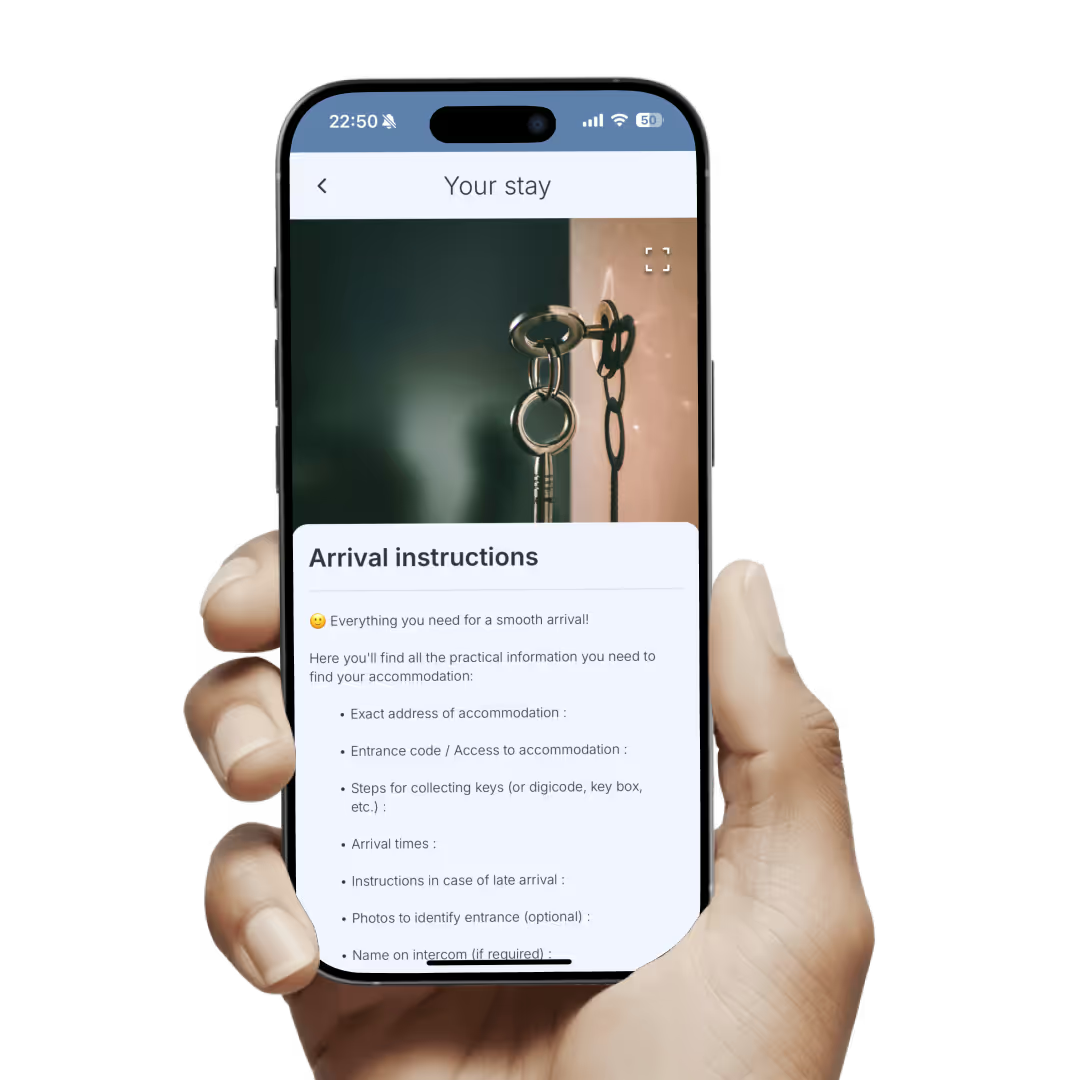
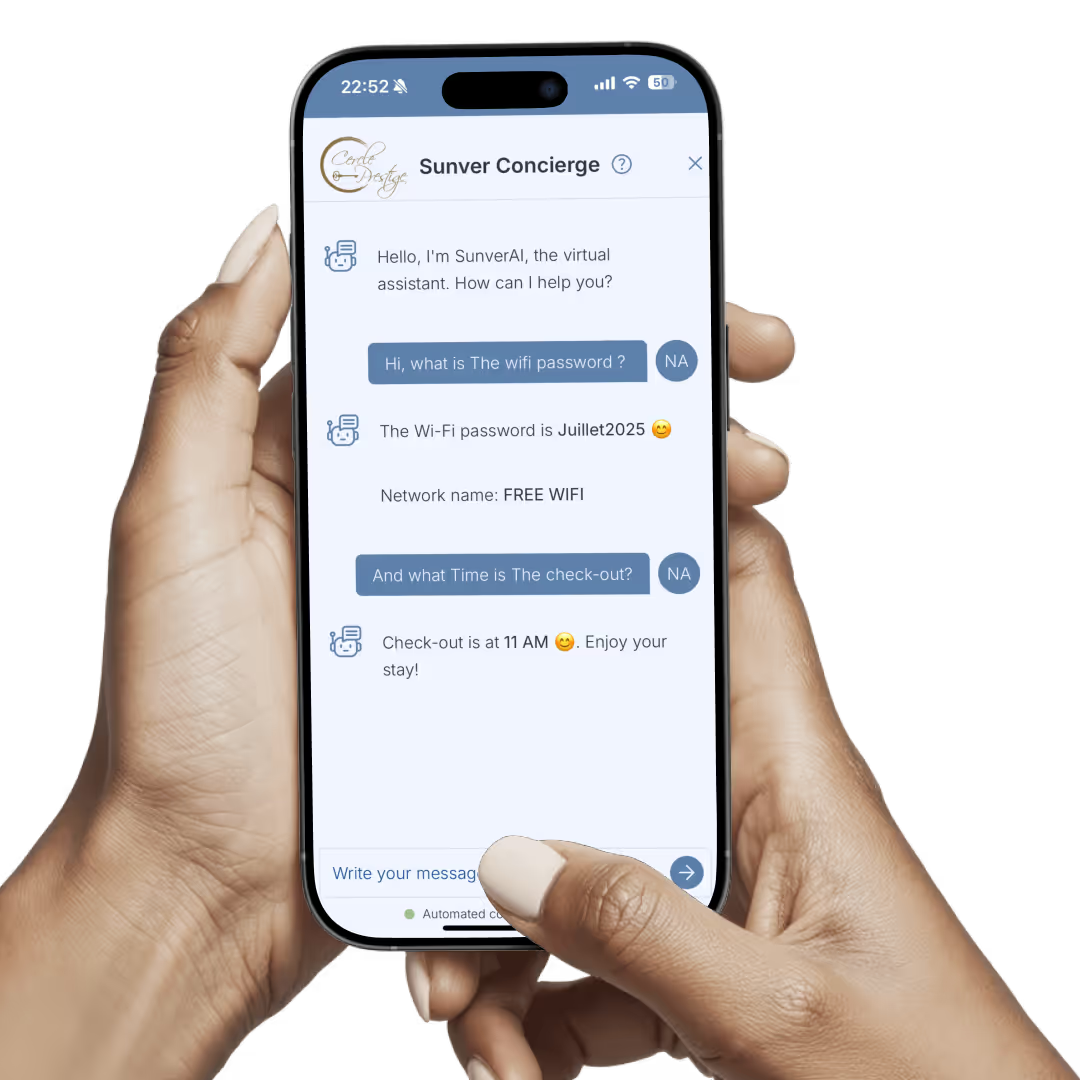
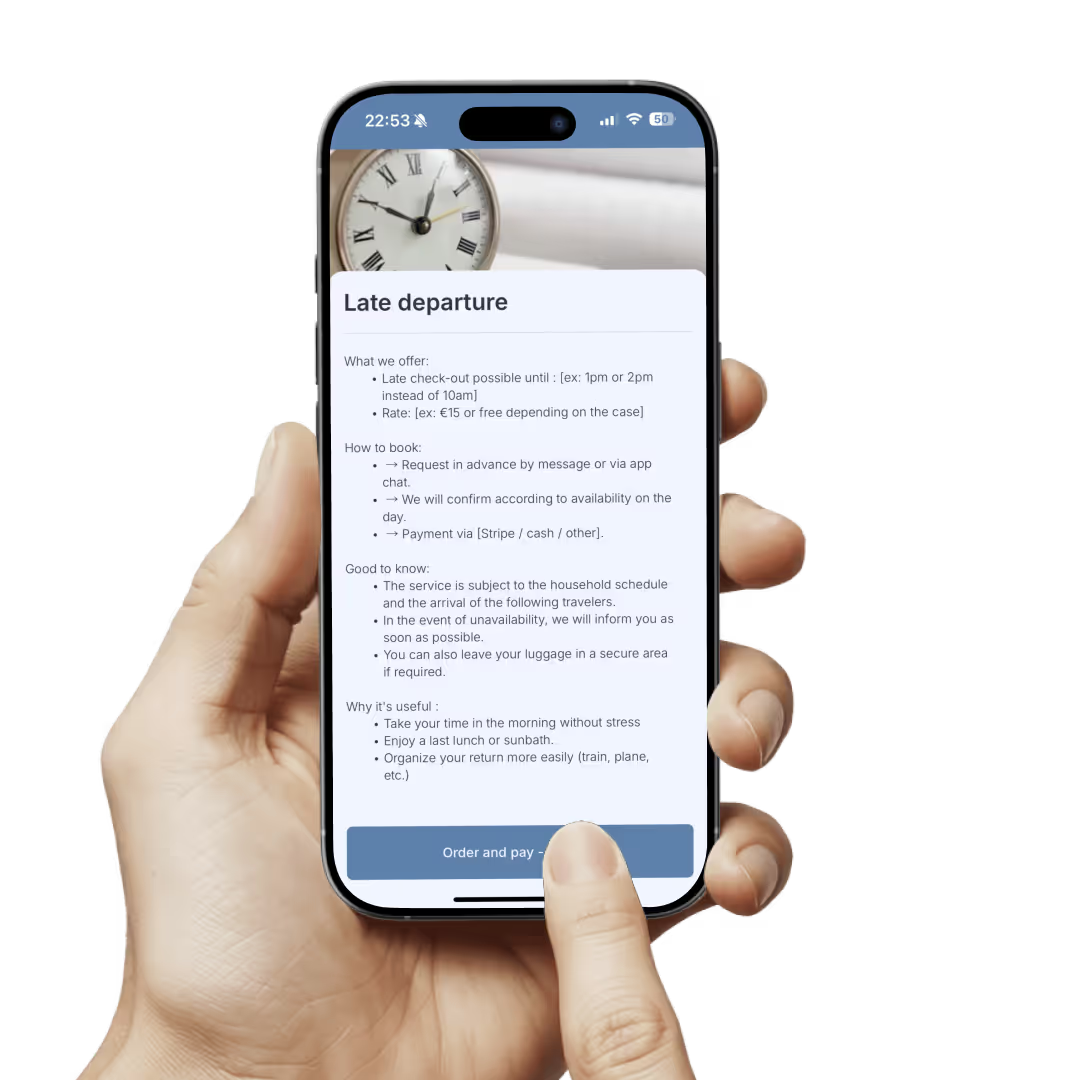
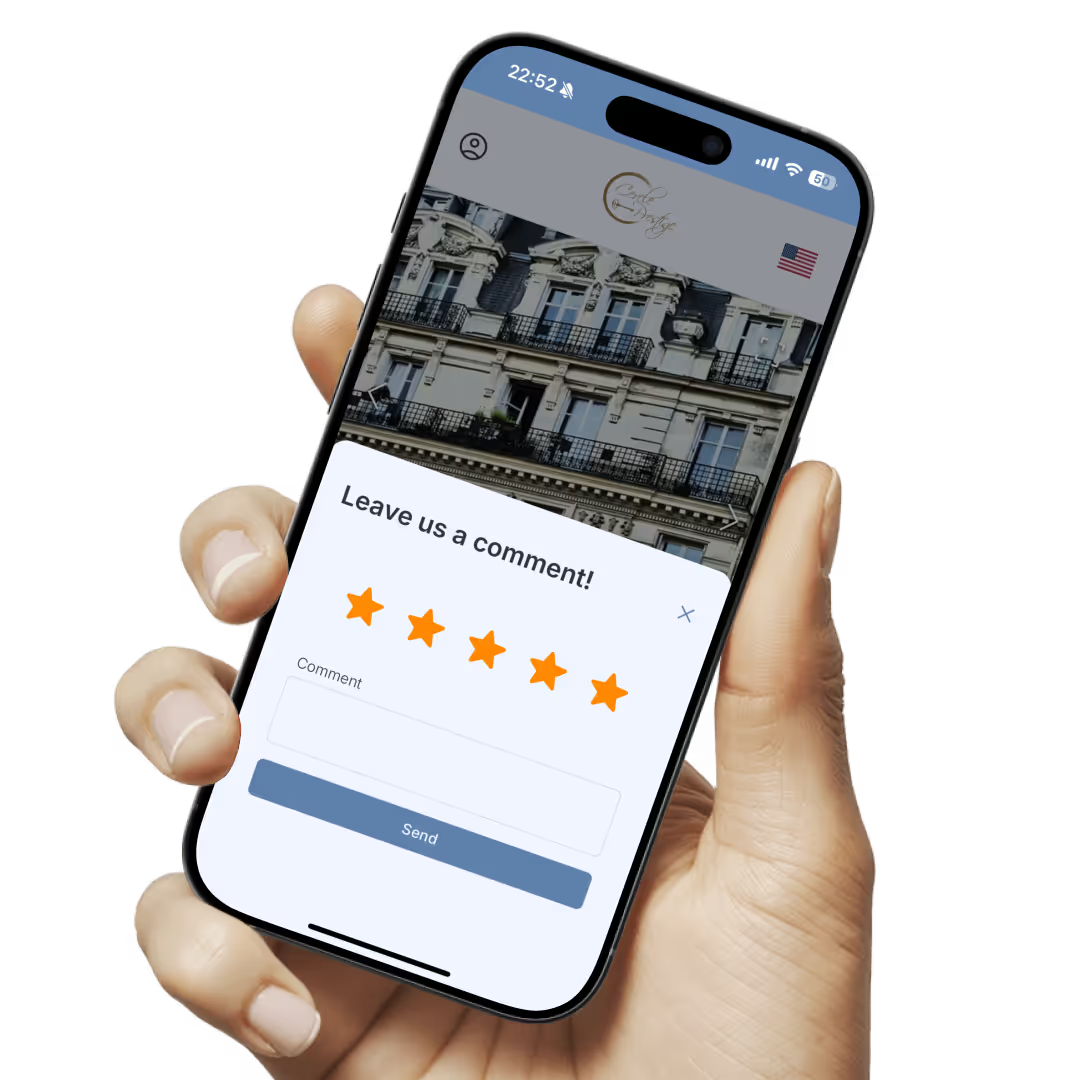
Frequently asked questions
1. Send the link directly after booking or during the stay through your automated messages.Provide
2. QR code displays inside your accommodation so guests can scan and access the guidebook instantly.
You can also print your display for free from your Sunver dashboard or order physical QR code supports directly from our website.
